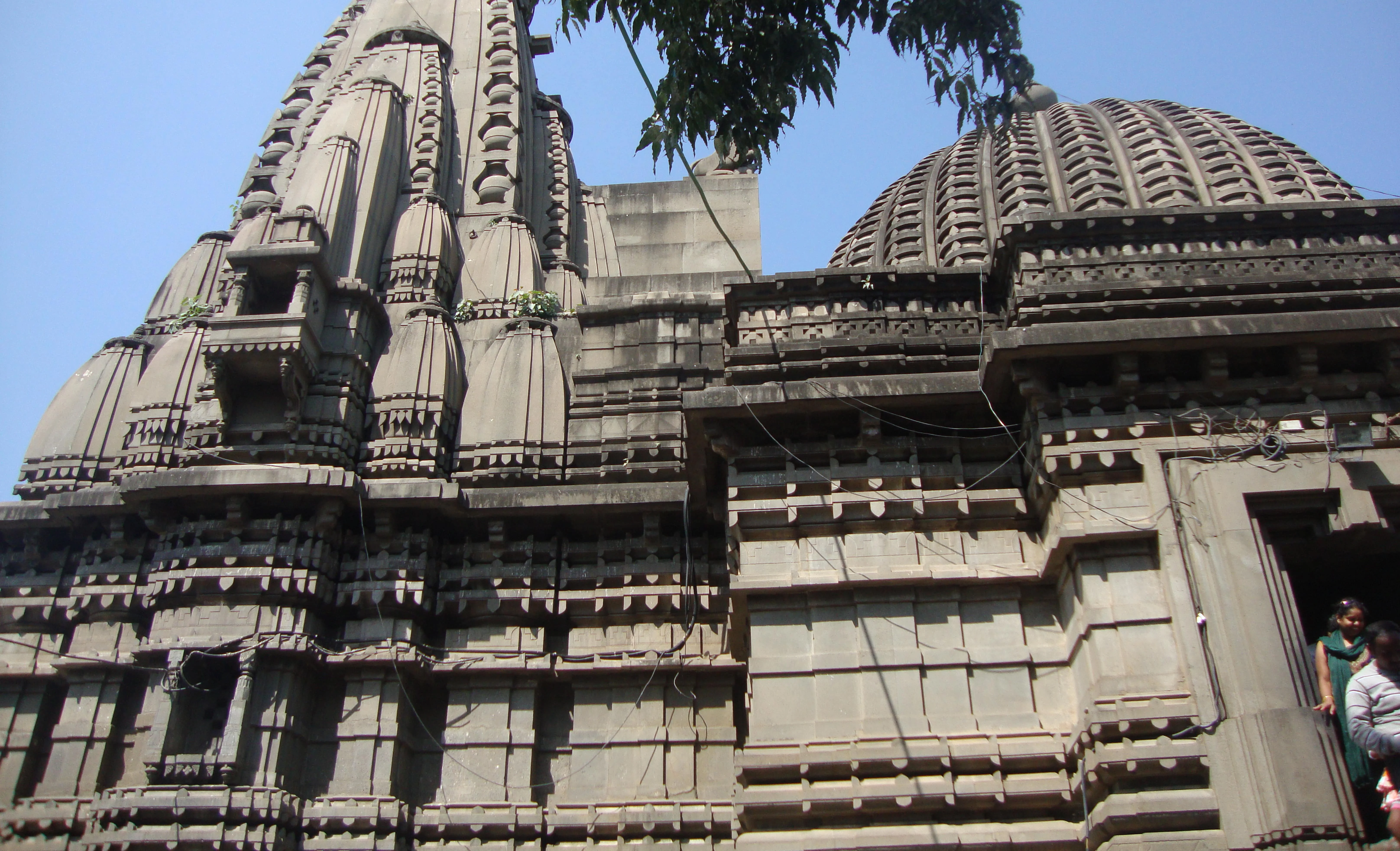
Jain Temple
The Jain Temple in Ayodhya stands as a testament to the city's religious diversity and cultural richness, offering a serene sanctuary for followers of Jainism amidst the historical backdrop of Ayodhya. Jainism, an ancient Indian religion known for its principles of non-violence (ahimsa), truth (satya), and non-possessiveness (aparigraha), has a significant presence in Ayodhya, with the Jain Temple serving as a spiritual and cultural hub for the Jain community. The temple, dedicated to Lord Mahavira, the 24th and last Tirthankara (spiritual teacher) of Jainism, embodies the core tenets of the faith through its architecture, rituals, and teachings. It is adorned with intricate carvings, marble sculptures, and ornate pillars that reflect the artistic traditions of Jain architecture. These architectural elements not only beautify the temple but also serve as a means of expressing devotion and reverence to Lord Mahavira and other revered Jain deities.
Ayodhya's Jain Temple is revered by devotees who visit to seek spiritual enlightenment, perform rituals, and participate in religious ceremonies that celebrate Jain festivals and traditions. The temple's sanctum houses idols and images of Lord Mahavira and other Jain Tirthankaras, creating a sacred space where followers can connect with their faith and meditate on the principles of Jain philosophy. The Jain community in Ayodhya actively maintains the spiritual sanctity and cultural vibrancy of the Jain Temple, contributing to the upkeep of temple grounds and organizing religious gatherings.
- The presence of the Jain Temple in Ayodhya exemplifies the city's inclusive spiritual ethos, where followers of Jainism, Hinduism, Islam, and other faiths coexist peacefully and celebrate their respective religious festivals and traditions.
- Beyond its religious role, the Jain Temple serves as a bridge between different communities, fostering interfaith dialogue and understanding among visitors of various backgrounds.
- It welcomes people to explore Jain teachings, traditions, and practices, promoting mutual respect and harmony among diverse religious groups in Ayodhya.
- Devotees and volunteers participate in charitable activities aligned with Jain principles of seva (selfless service) and ahimsa (non-violence), promoting compassion and social welfare within the community.
- The presence of the Jain Temple in Ayodhya exemplifies the city's inclusive spiritual ethos, where followers of Jainism, Hinduism, Islam, and other faiths coexist peacefully and celebrate their respective religious festivals and traditions.
- This cultural diversity enriches Ayodhya's heritage and reinforces its reputation as a symbol of India's religious pluralism and diversity.
- Through its exquisite architecture, devout worship, and commitment to Jain principles, the temple provides a sacred haven where devotees seek solace, spiritual guidance, and a deeper understanding of Jain philosophy in the sacred city of Ayodhya.
Browse All
- Hanuman Garhi Mandir
- Ram Janmabhoomi
- Kanak Bhawan
- Nageshwarnath Temple
- Sita Ji ki Rasoi
- Swarg Dwar Temple
- Sri Mani Ram Das Chhawni
- Raj Dwar Temple
- Tretanath Mandir
- Guptar Ghat
- Ram ki Paidi
- Military Temple
- Jain Temple
- Sankat Mochan Hanuman Mandir
- Badi Devkali Devi Temple
- Janki Ghat
- Matgajendra Temple
- Shri Kale Ram Temple
- Shri Ram Janki Birla Temple
- Makhauda Dham
- Raja Dashhrath Damadhi